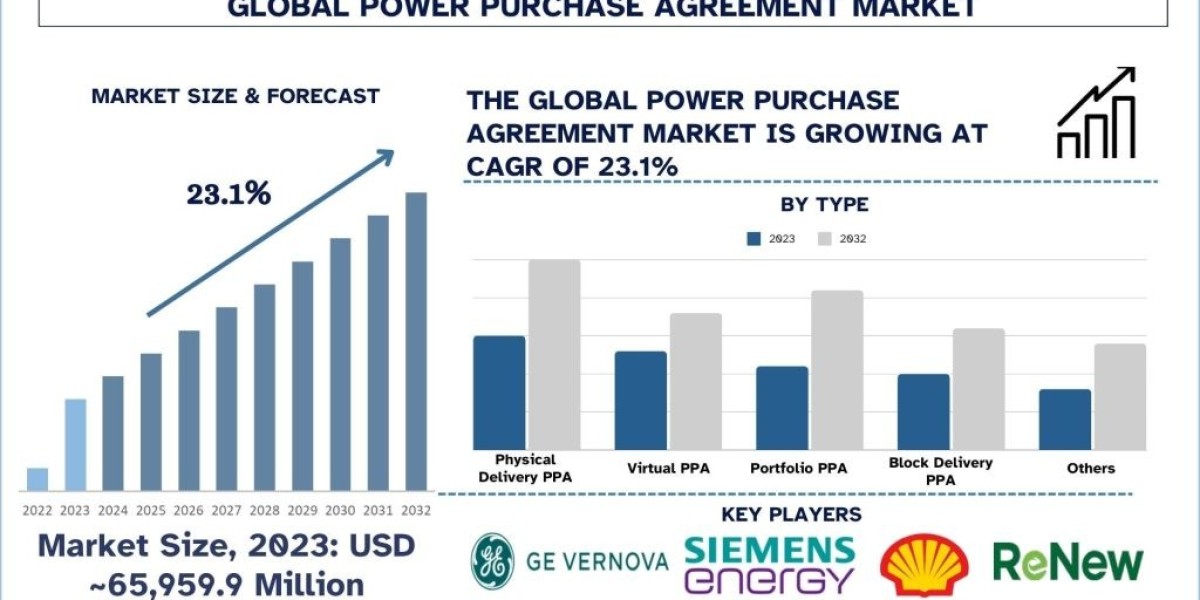Originally published by Quantzig: From Data to Action: The Role of HR Data Analytics in Shaping Diversity and Inclusion Initiatives
Maximizing Business Success with HR Data Analytics
Modern businesses collect extensive employee data to inform strategic planning and organizational changes. Managing and interpreting this data can be challenging, but HR analytics makes data-driven decision-making more accessible for HR teams, offering timely insights into workforce dynamics that can quickly impact revenue and profitability.
Understanding HR Analytics
HR analytics, often referred to as people or workforce analytics, involves using data and statistical techniques to enhance HR decision-making. HR analytics tools analyze employee performance, turnover, and engagement metrics to build a more engaged and productive workforce. Predictive analytics allow organizations to anticipate workforce trends, refine hiring strategies, and enhance recruitment efforts. Real-time dashboards provide access to crucial HR and diversity metrics, supporting strategic workforce planning. Additionally, tools like compensation and retention analytics offer insights into employee satisfaction, helping HR teams design effective retention strategies. Advanced visualization and benchmarking tools also enable organizations to track progress and compare performance to industry standards.
Key Applications of HR Analytics
HR analytics benefits various HR functions, including:
Talent Acquisition: By analyzing sourcing channels, candidate profiles, and hiring success rates, HR analytics enhances recruitment processes, helping companies attract the right talent effectively.
Employee Engagement and Retention: Identifying the factors that impact employee satisfaction helps HR reduce turnover and improve productivity.
Performance Management: Performance data analytics can identify high performers, highlight skill gaps, and support employee development initiatives.
Workforce Planning: Data-driven insights allow HR to forecast workforce needs, align skills with business objectives, and support succession planning.
HR Program Evaluation: By assessing the ROI of programs like training, wellness initiatives, and compensation strategies, HR can better allocate resources.
Compliance and Risk Management: Ongoing HR data monitoring supports regulatory compliance and helps organizations manage potential risks effectively.
The Importance of HR Analytics in Today’s Business Landscape
HR analytics offers multiple benefits, including:
- Informed Decision-Making: HR analytics equips leaders with evidence-based insights, driving impactful workforce decisions.
- Enhanced Talent Management: Analytics helps HR understand what drives employee engagement and performance, informing strategies to attract, retain, and develop talent.
- Operational Efficiency: Identifying areas for process improvement and cost reduction enhances HR operations and boosts productivity.
- Alignment with Business Goals: By demonstrating HR’s impact on business outcomes, analytics aligns HR initiatives with organizational goals.
- Competitive Advantage: Strategic use of HR analytics strengthens a company’s position in the talent market.
Popular HR Analytics Tools
Organizations use several tools to maximize HR data’s value, including:
HR Information Systems (HRIS): These platforms centralize HR data, making personnel information structured and accessible for strategic planning.
Business Intelligence (BI) Tools: Platforms like Tableau and Power BI create interactive dashboards, aiding in recruitment analysis, turnover tracking, and performance assessments.
Predictive Analytics Software: Tools such as IBM Watson Analytics apply machine learning to predict trends like turnover, helping HR proactively manage the workforce.
Survey and Feedback Tools: Tools like SurveyMonkey help HR gauge employee satisfaction and workplace sentiment, offering insights into areas for improvement.
Text Analytics Software: Platforms like Lexalytics analyze unstructured data, such as employee feedback, to uncover patterns in employee sentiment.
Addressing Challenges in Implementing HR Analytics
Despite its advantages, implementing HR analytics comes with challenges, including:
- Data Integration: Merging data from various departments requires meticulous organization to enable meaningful analysis.
- Analytics Skill Gaps: HR professionals often lack advanced analytics skills, which may require training to maximize the value of analytics.
- Privacy and Compliance: Collecting and analyzing employee data must respect privacy laws to prevent legal issues.
- IT Constraints: Small organizations may struggle with the infrastructure demands of HR analytics due to resource and budget limitations.
- System Siloes: Breaking down data silos is essential for comprehensive analysis, but integration can be complex.
- Employee Resistance: HR professionals may be wary of analytics-based processes, particularly if they believe it compromises the human aspect of recruitment.
Quantzig’s Customized HR Analytics Solutions
Quantzig understands that every organization has unique HR analytics needs. Our approach balances investment with actionable results, helping companies maximize their analytics efforts. Our solutions include:
- Data-Driven Decision Support: We embed HR analytics insights into key processes like hiring and performance management.
- Tailored Tool Selection: We help organizations select cost-effective tools that meet their specific requirements.
- Fostering an Analytics Culture: We encourage managers to utilize metrics, such as time-to-hire, to make informed decisions.
- Actionable Insights: We guide companies in translating analytics insights into effective business strategies.
- Leadership Buy-In: We promote executive support to integrate HR analytics into long-term strategy.
Unlocking Growth with HR Analytics
HR analytics empowers organizations to build a more engaged workforce, retain top talent, and gain a competitive edge. By optimizing recruitment and workforce processes, analytics reduces costs, improves efficiency, and aligns HR efforts with broader business goals. Quantzig’s tailored solutions enable companies to realize these benefits, driving sustainable success through data-informed HR management.


